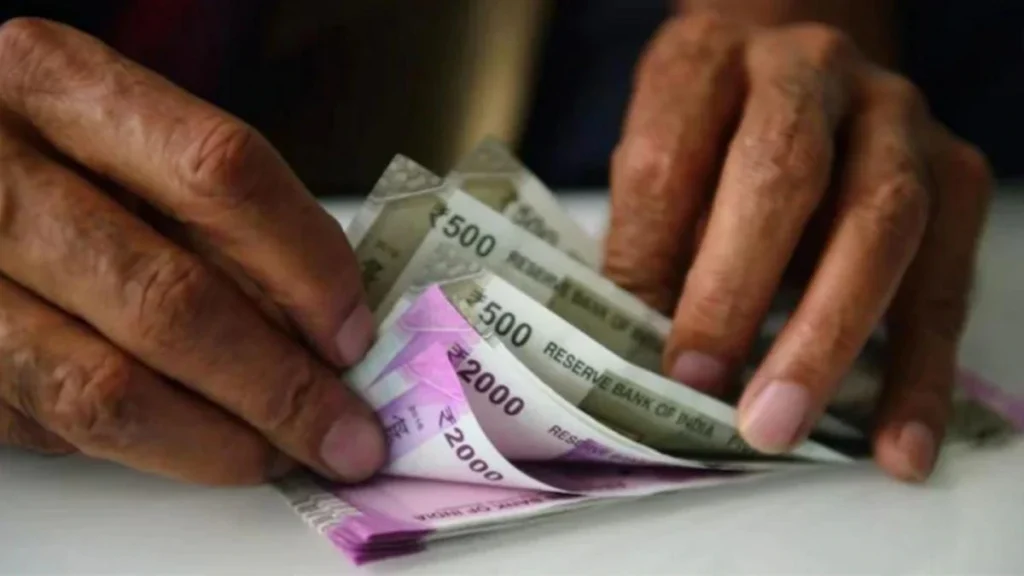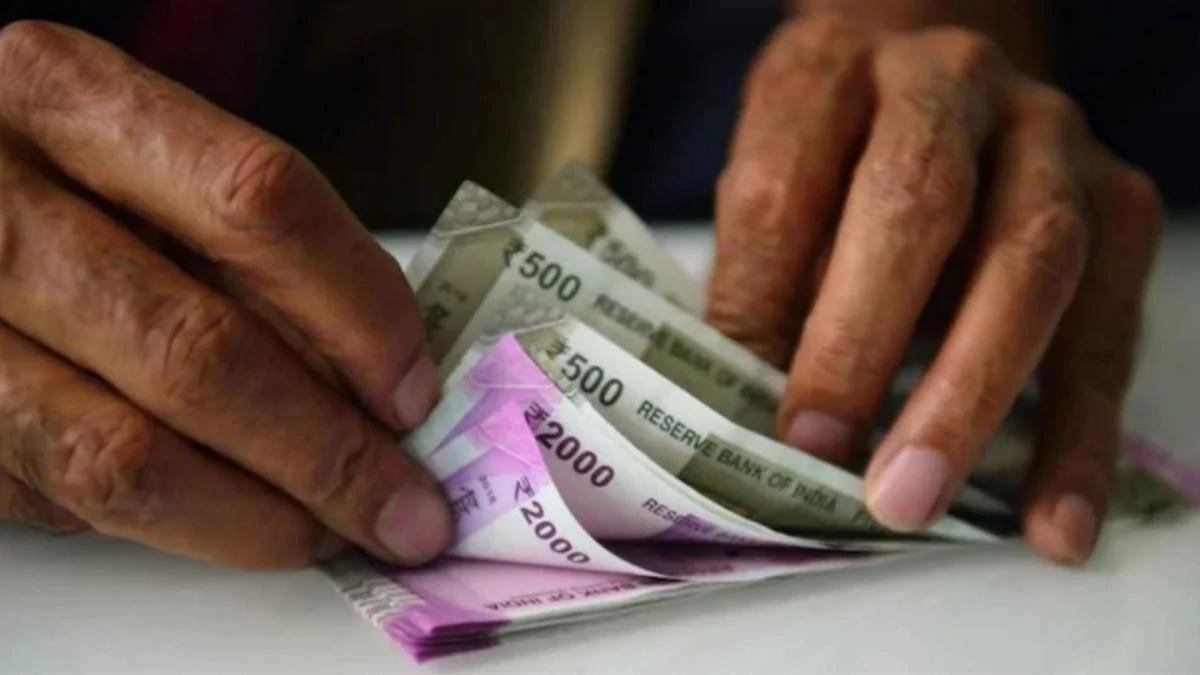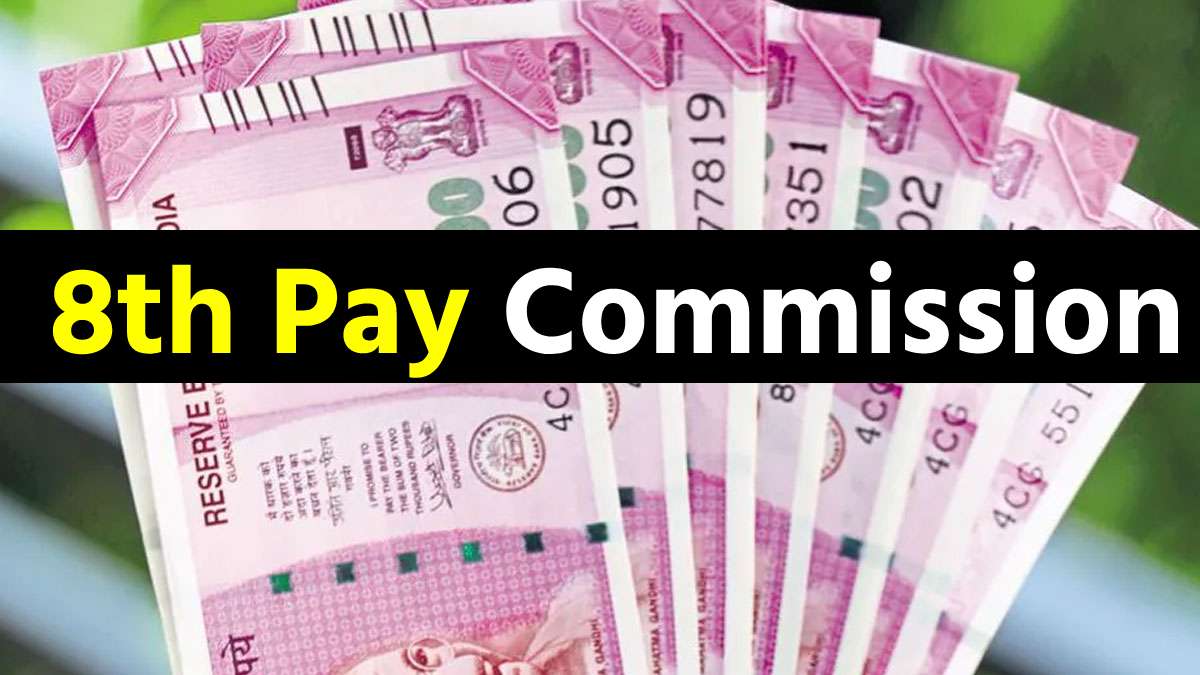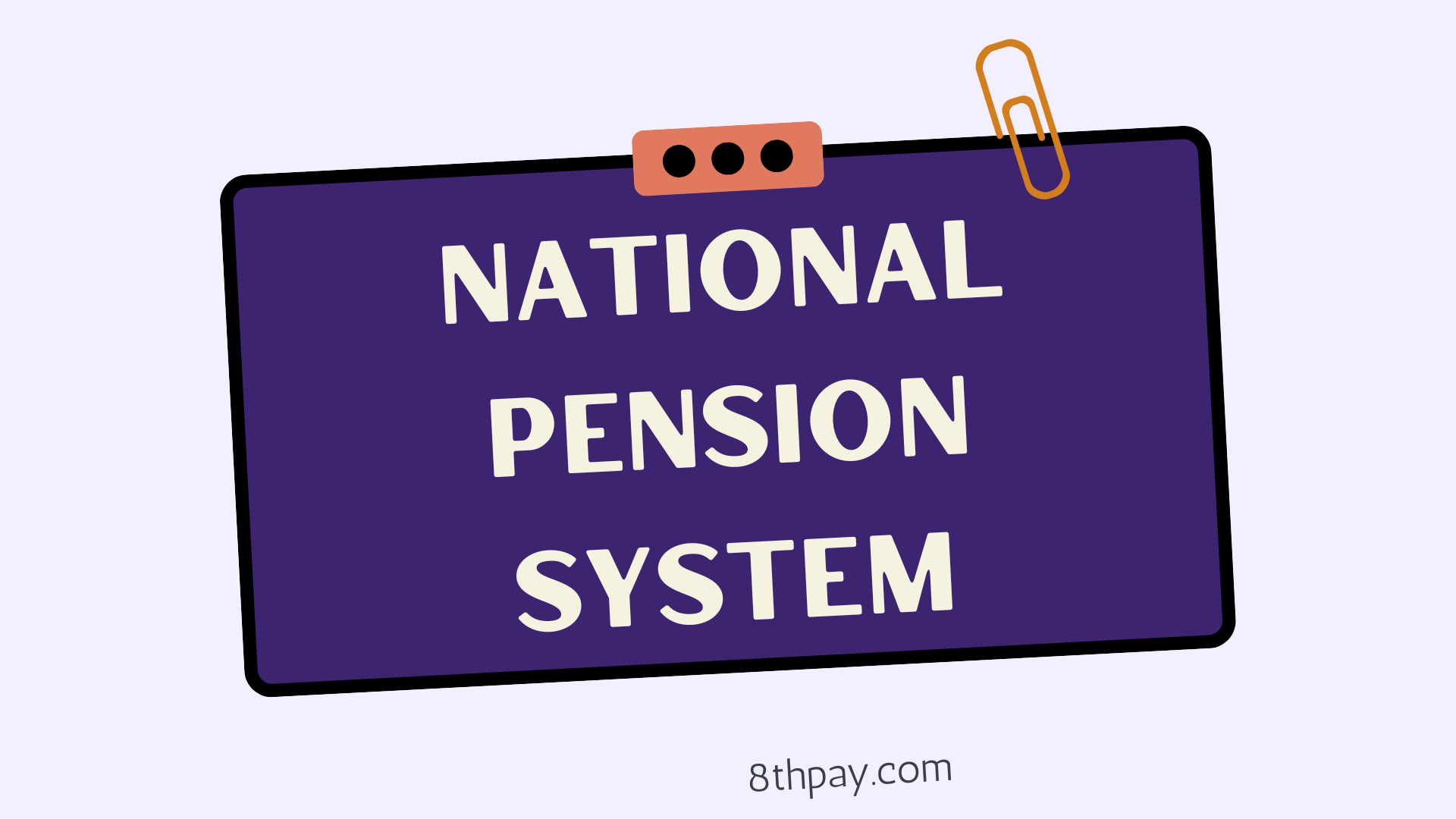8th Pay Commission: What’s the Latest and What to Expect for Central Government Employees
New Delhi, India – July 19, 2025 – The highly anticipated 8th Pay Commission for central government employees and pensioners is making headlines, with expectations of significant revisions to salary structures, allowances, and pensions.While the Union Cabinet approved its formation on January 16, 2025, and an expected implementation date of January 1, 2026, the actual timeline and precise details are still evolving.

Key Developments and Expectations:
- Formation and Implementation Timeline: The 8th Pay Commission was officially approved in January 2025, with an initial target implementation date of January 1, 2026, following the conclusion of the 7th Pay Commission’s term on December 31, 2025. However, there are growing indications of potential delays. As of July 2025, the appointment of the Commission’s chairperson and members, along with the finalization of its Terms of Reference (ToR), remain pending.Experts suggest that if the current pace continues, the actual implementation could stretch into late 2026 or even early 2027. This delay is partly attributed to the lack of budgetary allocations for the 8th Pay Commission in the Union Budget 2025-26.
- Expected Salary Hike: Projections suggest a substantial increase in remuneration, with reports from various sources, including Ambit Capital, estimating a hike between 30-34% for salaries and pensions. This could be the highest percentage increase seen in a pay commission so far.
- Fitment Factor: A crucial element in the revision process is the fitment factor, a multiplier applied to the current basic pay to determine new salaries. While the 7th Pay Commission used a fitment factor of 2.57, preliminary reports for the 8th Pay Commission suggest it could range between 2.28 and 2.86, with some scenarios even exploring figures like 1.83 and 2.46. The specific factor adopted will significantly impact the revised basic pay. For instance, with a fitment factor of 2.28, the minimum wage, currently at ₹18,000, could rise to approximately ₹41,000.
- Revised Basic Pay and Pay Matrix: The minimum basic salary is expected to see a considerable jump. While the 7th Pay Commission set the minimum basic pay at ₹18,000, under the 8th Pay Commission, it could potentially rise to ₹41,000–₹51,480. The pay matrix, which outlines different levels and corresponding basic salaries, will also be revised. For example, a Pay Matrix Level 1 employee currently earning ₹18,000 might see their basic salary increase to ₹21,600 (based on a 20% increase scenario).
- Allowances and Pensions: The Dearness Allowance (DA), projected to reach 70% by January 2026, is expected to be merged into the base salary for revised calculations. House Rent Allowance (HRA) and Transport Allowance (TA) are also set to be restructured to reflect current inflation and cost-of-living indexes.Pensioners are also set to benefit significantly, with an expected average pension hike of 20-30%. The minimum pension, currently at ₹9,000, could rise to around ₹20,500 with a fitment factor of 2.28.
- Beneficiaries and Financial Impact: The 8th Pay Commission is expected to benefit approximately 48.62 lakh central government employees and 67.85 lakh pensioners. The estimated additional cost to the government exchequer for implementing these recommendations could be around ₹1.8 lakh crore.
Current Status and Concerns:
Despite the official announcement, the lack of concrete progress on the appointment of the commission’s members and the finalization of its ToR is causing anxiety among central government employees and pensioners. Employee organizations are urging the government to expedite the process and provide a clear timeline for the submission of recommendations and implementation. The delay could lead to mounting frustration, especially in the face of persistent inflationary pressures.
Looking Ahead:
The 8th Pay Commission holds the promise of a significant financial uplift for millions of central government employees and pensioners, aiming to ensure their compensation keeps pace with the current economic realities and inflation. While the precise details and timeline are still under wraps, the anticipation remains high for what could be a transformative shift in the compensation landscape. All eyes are now on the government for further official announcements regarding the constitution and functioning of the 8th Pay Commission.









